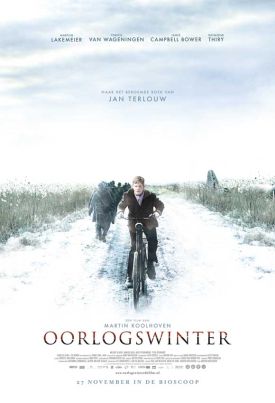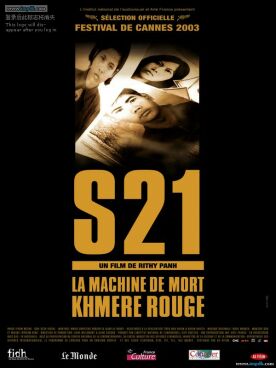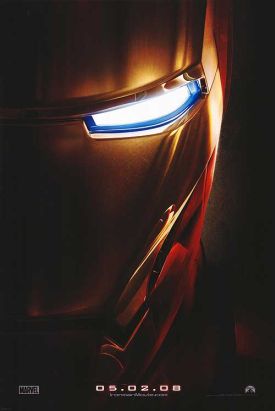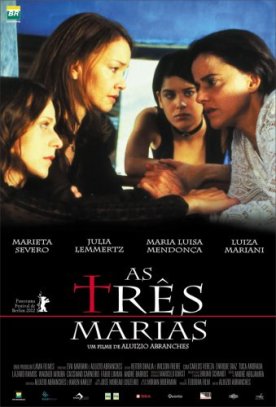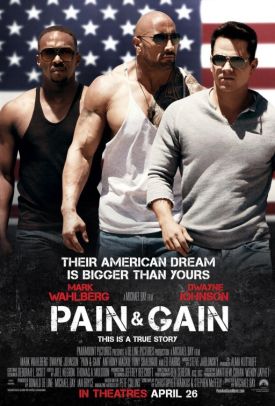Winter in Wartime (Oorlogswinter)
Winter in Wartime (Oorlogswinter) by the Dutch director Martin Koolhoven is really less about either winter or wartime than it is about boyhood and its end — about which the movie’s sentimentality rather takes away, I find, from its potentially more interesting and exciting tale of intrigue and danger, set in Holland during the last winter of the Second World War. Growing up, hard as it sometimes is to believe these days, happens to nearly everybody and so is inherently less interesting than the exciting stuff that happens only to the extraordinary among us. I think Mr Koolhoven gets things slightly backwards by concentrating, emotionally, a little too much on the development of his hero, a Dutch boy of 15 or so called Michiel (Martijn Lakemeier), while allowing the more exciting and suspenseful events accompanying the war’s sudden intrusion into his family life and the suspenseful question of who is loyal and who is collaborating with the Germans to languish a bit. The gain in added pathos by making a story about love, loyalty and betrayal happen to an adolescent does not make up for what is lost by turning away, to that extent, from the love, loyalty and betrayal themselves.
Michiel’s father (Raymond Thiry) is the mayor of their little Dutch town and so is required to have regular dealings with the occupying Germans, with whom his relations are apparently a little too cordial for the taste of Uncle Ben (Yorick van Wageningen) who has recently returned to live with the family after working in a German labor camp. But when Michiel is caught playing in the wreckage of an RAF bomber with his friend Theo (Jesse van Driel), daddy’s influence gets him off with a warning. No one in the family must know, therefore, when Dirk (Mees Peijnenburg) Theo’s older brother, asks for Michiel’s help in hiding Jack (Jamie Campbell Bower) one of the airmen who survived the bomber’s crash and now needs to escape back to England. Suddenly, the boy has not just adult but life-and-death responsibilities without knowing whom to trust to save his own life and that of the fugitive.
Complications ensue. Michiel’s sister, a nurse, has to be confided in because Jack is hurt and needs medical attention. Immediately, she and Jack are attracted to each other. Then the Germans find the body of one of their soldiers whom Jack had had to shoot in order to make good his escape after bailing out of the doomed plane. The occupation authorities assume that someone in the village has knowledge of what has happened to the dead soldier, and they take and threaten to execute three hostages unless further information is forthcoming. Michiel’s father is one of the hostages. Suddenly, Michiel realizes that he can save his father’s life by giving up the allied airman — who is by now also his sister’s lover — to the Germans. Will he or won’t he? Mr Koolhoven doesn’t flinch from making his hero confront this dilemma head-on, but he does soften the impact of the boy’s decision by twisting him away from the moral responsibility for its consequences and confronting him instead with quite a different and more easily resolved dilemma.
Being a sucker for a good story, I admire the skill in plotting shown by Mr Koolhoven as well as Mieke de Jong and Paul Jan Nelissen, with whom he adapted the semi-autobiographical novel by Jan Terlouw. I also liked the excitement of Jack’s attempt to escape from the pursuing Germans back to the allied lines. But as I am also interested in the moral problems raised by the better sort of movies, I can’t help feeling just a bit disappointed that the moral difficulties he and his characters face are got out of with insufficient difficulty. In the final scene, the movie makes a point of depositing Michiel back into an apparently untroubled boyhood as if nothing had happened to change his life forever. Still, it is an enjoyable and well-made movie and all the performances, particularly that of Mr Lakemeier in the principal role, are very well done. Likewise, the bleak white landscapes of the Dutch winter by director of photography Guido van Gennep are wonderfully atmospheric.
Discover more from James Bowman
Subscribe to get the latest posts to your email.

